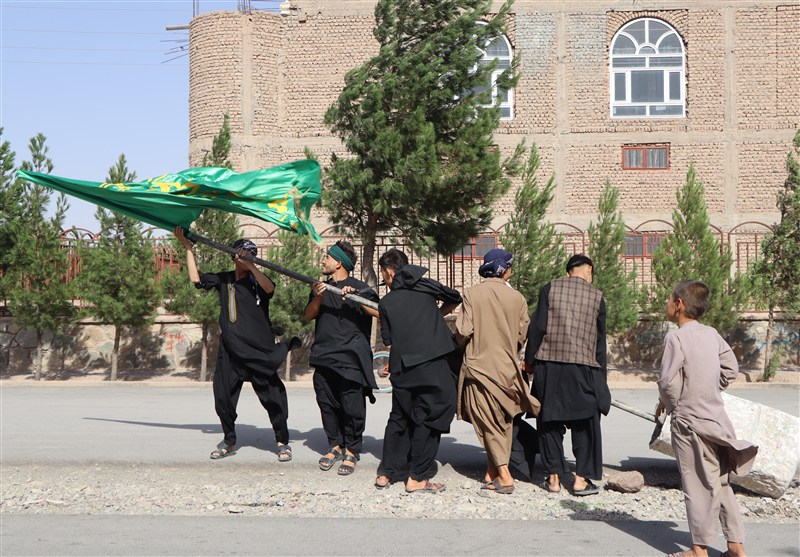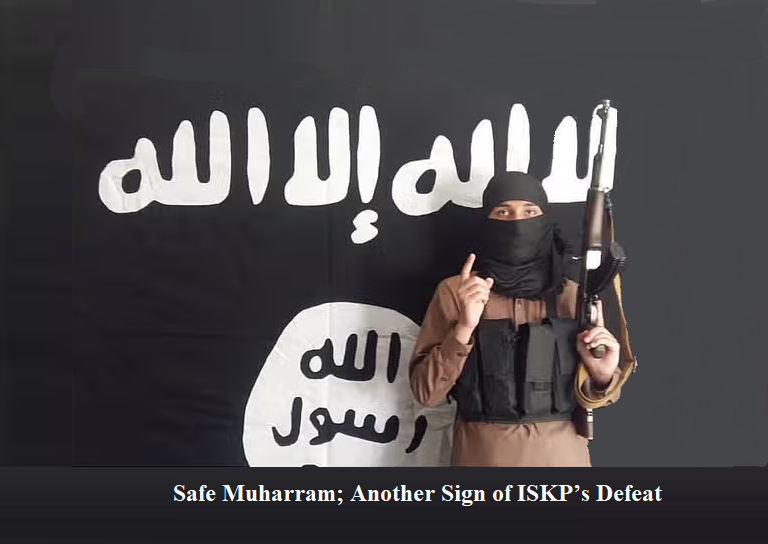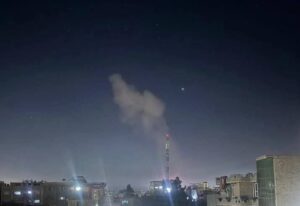Review of Afghanistan developments
Muharram 2025 in Afghanistan occurred without any incidents involving the ISKP (ISKP) terrorist group, allowing the Hussaini mourners to conduct their ceremonies in total peace, thanks to the security established by the Taliban government. This marks the third consecutive year that the Muharram ceremonies have taken place without any attacks from ISKP.
In the previous year, the security forces of the Taliban government successfully thwarted a violent assault by ISKP during the Ashura Day ceremonies in Kabul. According to officials from the Taliban government, this attack had been in the planning stages for an entire year.
Conducting the Muharram events in a secure environment for three consecutive years is highly significant; firstly, it demonstrates the Afghan caretaker government’s strong resolve and dedication to safeguarding the Muharram festivities. Secondly, the Taliban administration’s strategy against ISKP has proven effective, and thirdly, ISIS has weakened to the extent that it is unable to execute even a symbolic attack during Muharram.
An examination of the actions of ISIS-K since its formation uncovers a deliberate trend of assaults directed at Shiites, particularly during the mourning period of Muharram. Since 2015, when this terrorist organization formally announced its presence in Afghanistan, it has executed a multitude of attacks on Shiite religious observances during Muharram and Safar; violent assaults that have not only resulted in the deaths of hundreds but have also heightened fears regarding the resurgence of attacks by this terrorist group each year as Muharram approaches.
The violent assaults perpetrated by ISKP, particularly aimed at Shiite communities, were concentrated during the month of Muharram. The intent was to instigate a religious schism within Afghan society, thereby facilitating the recruitment of additional fighters following this sectarian division. These assaults primarily targeted Shiite congregation sites, such as mosques and Hussainiyya. The attacks were strategically executed in locations likely to generate significant media coverage, which is why Shiite religious establishments in the cities of Kabul, Mazar-e-Sharif, Herat, and Kandahar were selected as prime targets.

The height of ISKP’s assaults on Shiites occurred during the last years of the republican era and the initial year of the Taliban’s governance. Indeed, ISKP successfully broadened its operations by capitalizing on the security void that emerged during this period, thereby presenting a vigorous and dynamic image of itself to global public perception.
During the initial year of the Taliban’s governance, two significant assaults on Shiite communities in Kunduz and Kandahar greatly undermined the group’s credibility and its capacity to ensure security. In the subsequent year, the Taliban implemented a security strategy aimed at eradicating ISIS-K from Afghanistan’s landscape. Consequently, numerous ISIS leaders, along with the group’s command and operational hubs, were targeted in a series of violent operations. This campaign, which commenced in the second year of the Taliban’s rule and persists to the present day, has notably contributed to a decline in ISIS-K activities, to the extent that the number of operations conducted by this terrorist organization has diminished to zero in most months. Furthermore, the month of Muharram and the Shiite mourning ceremonies, which were previously among ISIS-K’s operational objectives, have been conducted with complete security for the last three years.
In summary, ISIS-K has made a concerted effort to target Shiite mourners throughout the month of Muharram, with the intention of instilling fear, disrupting religious and ethnic cohesion, and provoking sectarian discord. The Salafi-Takfiri ideology has provided the group with the latitude to perpetrate various atrocities against the Shiite population in Afghanistan, a trend that persisted for several years. Currently, due to the Taliban government’s anti-ISIS-K measures, the group has encountered a stalemate in Afghanistan, significantly curtailing its operational capacity. The group’s failure to execute attacks during the initial ten days of Muharram for three consecutive years further exemplifies its shortcomings in Afghanistan.
Related article
The new role of ISIS Khorasan in the region
ISKP has recently asserted in the group’s associated publication “Nadai Khorasan” (The voice of Khorasan) that “the day will soon arrive when we will invade Isfahan, Jerusalem, and Israel with thousands of loyal fighters. Subsequently, we will advance to Saudi Arabia via Iraq, and to Europe and America through Turkey, as well as to China and Russia through Khorasan.” This grandstanding is clearly intended to uplift the diminished morale of this organization, which has experienced a significant defeat in Afghanistan.

















